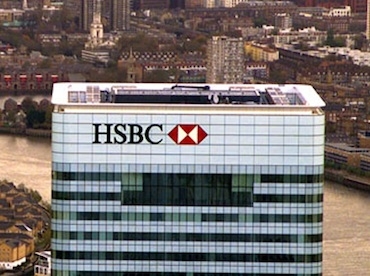Workplace pension scheme members are losing around £1.7bn a year during their transition into retirement due to choosing costly pathways to access their savings, according to a new report.
Some are losing money due to withdrawing over the 25% tax-free lump sum.
Others are buying products that are not the optimal solution for their circumstances, according to the report from HSBC Tomorrow Master Trust.
Recent data for 2020/21 from the Financial Conduct Authority shows 705,666 people accessed their pension pots for the first time, an 18% rise year-on-year.
More than half (56%) the pots were withdrawn as a single lump sum. Of these, over 10,000 withdrawals were made without financial advice taken beforehand.
Drawdown purchases saw an increase of 24% and over half (54%) of those worth under £50,000 took place with financial advice provided to the savers.
Some pension savers are also losing money due to paying for annual advice when fund size might suggest this was not needed.
Other retirement savers are moving pension pots between providers to access a drawdown product, which can result in transfer fees and higher annual management charges.
While sales of annuities rose by just 13% in 2021/22, according to the data from the FCA, Hymans Robertson research shows that around half of DC pension schemes point members towards annuity broking services. However, virtually none offer in-scheme drawdown solutions.
Currently, most single employer, contract and master trust schemes in the UK do not offer in-scheme retirement solutions, which forces members to go it alone and seek third-party providers to convert their pension pot into an income.
This means that pension scheme members who transfer out in order to take retirement benefits generally move from an accumulation journey regulated by The Pensions Regulator to a retail environment under Financial Conduct Authority rules.
According to the report, this lack of ownership from governing bodies also leaves members open to pension scams and erosion of value, while they are no longer protected by the fiduciary and value oversight responsibilities of employers and trustees.
Alison Hatcher, CEO at HSBC Tomorrow Master Trust, said: “Pension savers need good value solutions that can fit into their lives and work for them. The friction, cost and risk that members face as they enter retirement for the first time is a significant issue that is often forgotten or ignored. There is a major real-term impact that members are exposed to during this crucial moment in their lives and we need to find ways to fix and enhance value in this area.”
• Research was commissioned by HSBC Tomorrow Master Trust and undertaken by Professor Andrew Clare of Bayes Business School, in association with Hymans Robertson.

